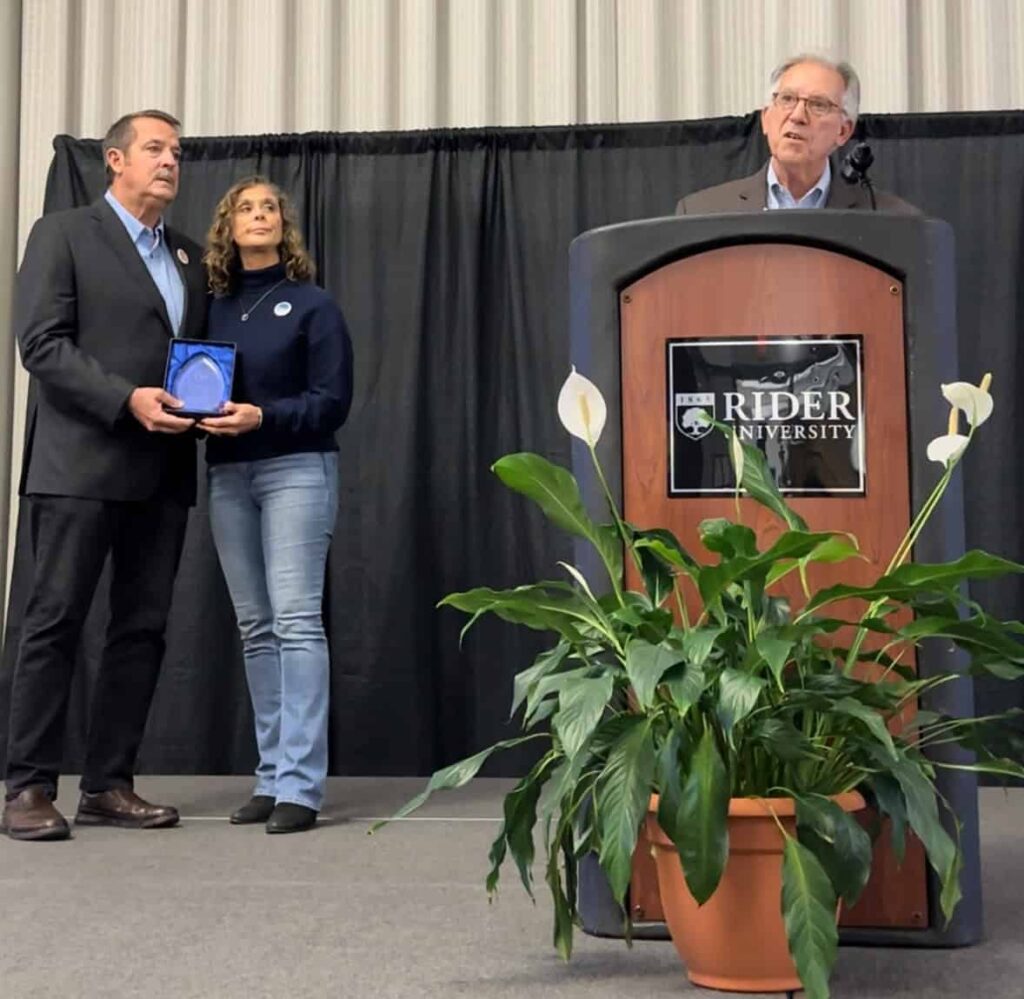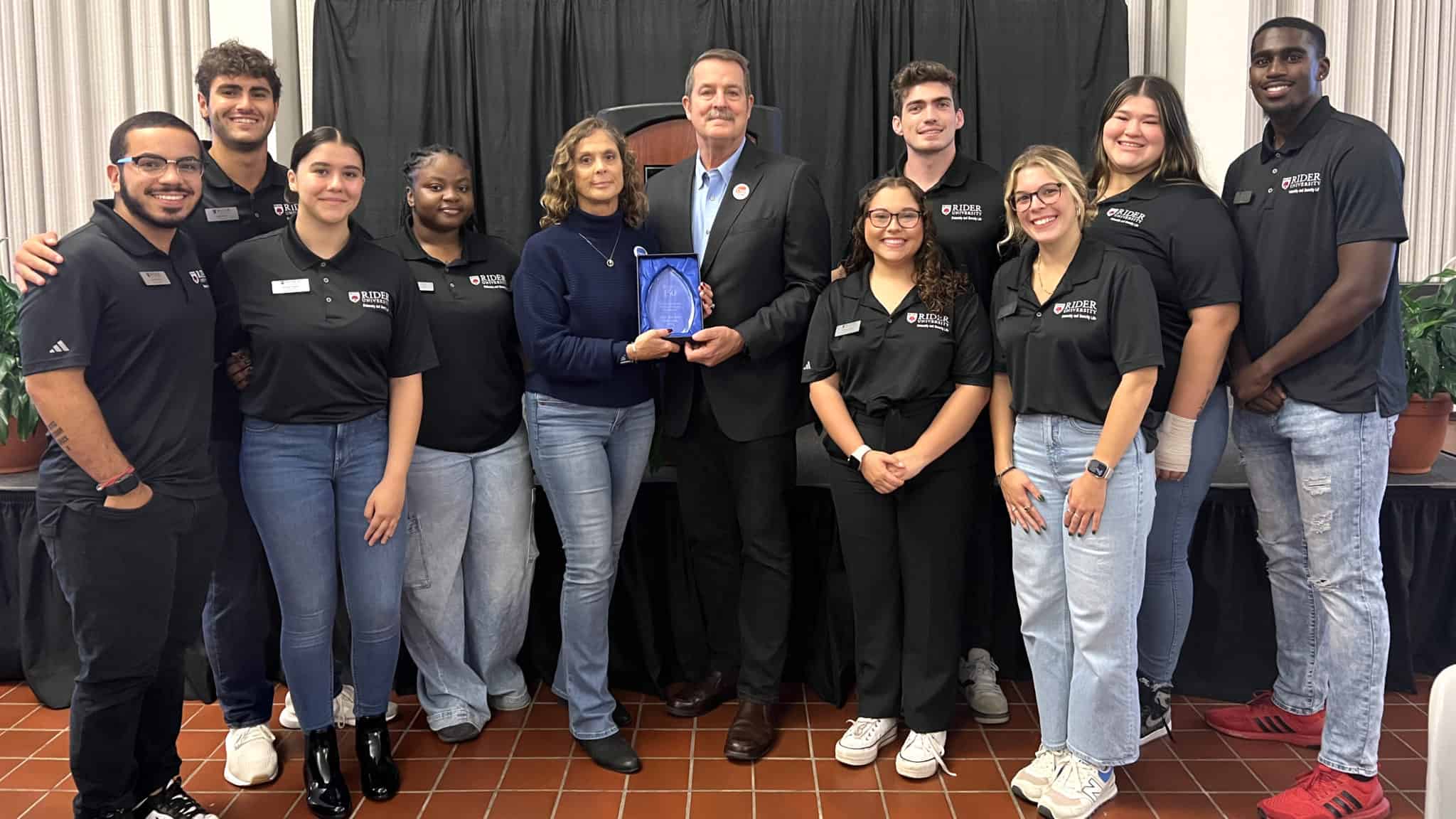It was 2 a.m. on March 29, 2007 when Gary and Julie DeVercelly heard loud banging on the front door at their Long Beach, Calif., home.
Gary DeVercelly opened the door and found several police officers standing outside. They asked him whether he knew Gary DeVercelly Jr. He said that was his son.
The officers said they did not know what had happened, and gave him a telephone number to call. DeVercelly Jr. was on the other side of the United States, halfway through his freshman year at Rider University.
DeVercelly called the telephone number. He was told that his son was in serious condition and that they needed to get to the hospital in Trenton as soon as possible. He had a 50-50 chance of survival.
The family flew across the country and reached Gary Jr.’s side. He was on life support. He had consumed an excessive amount of vodka as part of a Rider University fraternity hazing ritual. His blood alcohol concentration was .426 – significantly above .08%, which is legally intoxicated.
At the hospital, Gary DeVercelly Jr. was attached to numerous tubes, his mother said. His face was swollen from the hemorrhages in his brain. His family stayed by his side until life support was disconnected. He died March 30, 2007.
In the 16 years since their 18-year-old son died of acute alcohol poisoning in a fraternity hazing incident, Gary and Julie DeVercelly have pushed nonstop for federal anti-hazing legislation. Their campaign appears to be succeeding.
Bipartisan bills were introduced in the U.S. Senate and the U.S. House of Representatives Sept. 21 that would amend the Higher Education Act of 1965 to require colleges to disclose hazing incidents.
Within days of the bills’ introduction, Gary and Julie DeVercelly visited Rider University to kick off the school’s Hazing Prevention Week in conjunction with National Hazing Prevention Week of Sept. 25-29.
The couple shared their experiences with more than 100 Rider University students Sept. 25 when they spoke at “Critical Conversations: An Evening with the DeVercelly Family.”
Hazing is defined as “any activity or intentionally created situation that humiliates, degrades, abuses or risks emotional and/or physical harm to any member, whether new or not, regardless of the member’s willingness to participate,” according to the Hazing Prevention Network.
“Our oldest son was sitting in these seats 17 years ago. He was a freshman in college. He was starting his journey. Unfortunately, he did not finish his freshman year,” Julie DeVercelly told the students at the Bart Luedeke Student Center.
“What happened to Gary should not have happened. After our son was killed, we knew things had to change. Since Gary’s death, we have worked to transform the culture. You are benefitting from it,” she said.
Since their son’s death, there has not been another death due to hazing at Rider University – and no other college can say that, she said. Changes have been made at Rider University, and they have worked.
“(But) you will have to do your part, too. You are your brother’s keeper,” Gary DeVercelly said.
About 56% of young people who join a group will be subjected to hazing, he said. While most of them do not die, they will carry the physical and emotional scars for life.
Julie DeVercelly said there are other ways to create healthy bonding and connections instead of hazing. They could bake cookies and take them to senior citizens, she said.
“We know you are leaders,” she told the students.
After the DeVercellys finished their remarks, Rider University President Gregory Dell’Omo invited them to join him at the podium for a special presentation.
Dell’Omo presented them with Rider University’s Sesquicentennial Medal of Honor for their work to prevent hazing.

The Sesquicentennial Medal of Honor recognizes members of the Rider University community who have made extraordinary efforts to enhance the Rider experience for students, alumni and the broader community, he said.
“You have worked tirelessly to raise awareness of the dangers of hazing. It takes very special individuals to share such a painful story time and again as a catalyst for change so that others do not suffer the same fate,” Dell’Omo said.
Gary and Julie DeVerelly are founding members of NoMoreHazing.org and board members of the Clery Center, which is known for its national work to make college campuses safer.
“We are proud to have worked with you for the past 16 years to effect meaningful change at Rider, ensuring accountability of our many chapters, organizations and teams to encourage more constructive and meaningful forms of student bonding and engagement,” Dell’Omo said.
“I can’t think of anyone more worthy to be recognized for your tireless and passionate work in service to Rider students and college students and parents across the country in honor of your son, Gary.”

